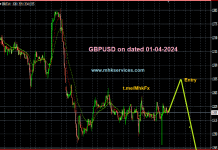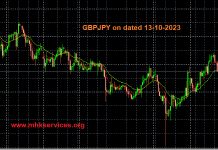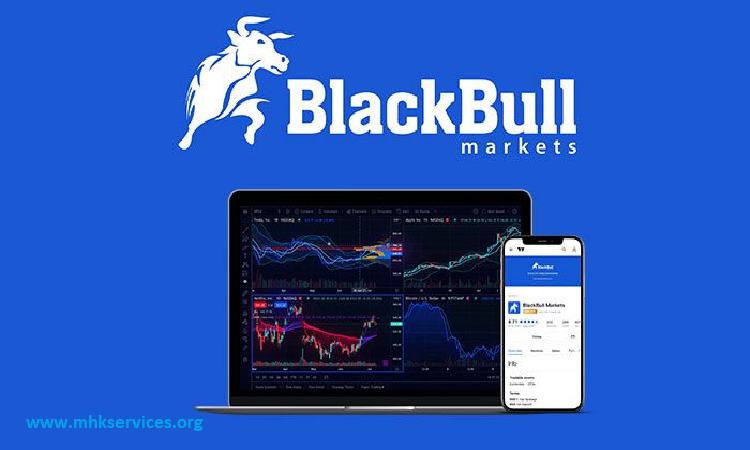
Fund management refers to the professional management of investment funds, such as mutual funds, hedge funds, pension funds, and other types of investment portfolios. Fund managers are responsible for making investment decisions on behalf of the fund’s investors, with the goal of generating favorable returns while managing risks on Trading Account.
Here are some key aspects of fund management:
- Investment Strategy: Fund managers develop an investment strategy based on the fund’s objectives and constraints. This strategy includes determining the asset allocation (e.g., stocks, bonds, commodities), selecting specific securities or investment products, and setting risk parameters.
- Research and Analysis: Fund managers conduct thorough research and analysis to identify investment opportunities and make informed decisions. This involves analyzing financial statements, economic indicators, industry trends, and conducting due diligence on potential investments.
- Portfolio Construction: Fund managers construct and manage investment portfolios based on the chosen investment strategy. They aim to achieve diversification by allocating investments across different asset classes, sectors, and geographies, which helps manage risk and optimize returns.
- Risk Management: Fund managers have the responsibility to assess and manage risks associated with the fund’s investments. They employ risk management techniques, such as diversification, hedging strategies, and risk modeling, to protect the fund from potential losses.
- Performance Monitoring: Fund managers continually monitor the performance of the fund’s investments against the stated objectives and benchmarks. They assess the fund’s performance, analyze factors impacting returns, and make necessary adjustments to the portfolio as needed.
- Investor Relations: Fund managers communicate with investors, providing regular reports on the fund’s performance, investment strategy updates, and other relevant information. They may also handle inquiries, provide investment advice, and ensure compliance with regulations and legal requirements.
- Regulatory Compliance: Fund managers must adhere to applicable regulatory frameworks, such as securities laws and industry-specific regulations. They ensure compliance with reporting requirements, disclosure standards, and other obligations to protect the interests of the fund’s investors.
Fund management can be carried out by individual professionals, teams within financial institutions, or specialized asset management companies. The fee structure for fund management typically includes management fees based on a percentage of the fund’s assets under management, along with performance-based fees tied to achieving specified investment targets.
It’s important to note that fund management involves varying degrees of risk, and past performance is not indicative of future results. Investors should carefully consider their investment goals, risk tolerance, and conduct due diligence before investing in any fund. Consulting with a qualified financial advisor is recommended to make well-informed investment decisions.
Our Fund Management Offer:
Equity $10000 to above upto $100k
- Profit sharing 30/70 (70% for investor) or monthly fees $1000 to $3k
-
Maximum drawdown 20%
-
Daily/Weekly profit sharing.
- Minimum Monthly Profit 20% to 30%
- Daily Profit 1% [Counted market day 20 days in a month]
- Special Conditions: Forex Trading Account under our recommended broker from the following:
- Recommendation: 1) Swap Free Standard Account 2) If monthly fees basis, 1 (one) month’s fees advance payable. It will adjustable end of the deal or anytime.
- Profit Sharing Payment Option: Neteller/Skrill/Paypal/Bitcoin/Wise.
- Contact Email: [email protected]
- Telegram: @MhkFx
- whatsApp: +1-208-742-6330
- Telegram Free Trial Group: Click Here
**You are agree with our Risk Disclosure.






























